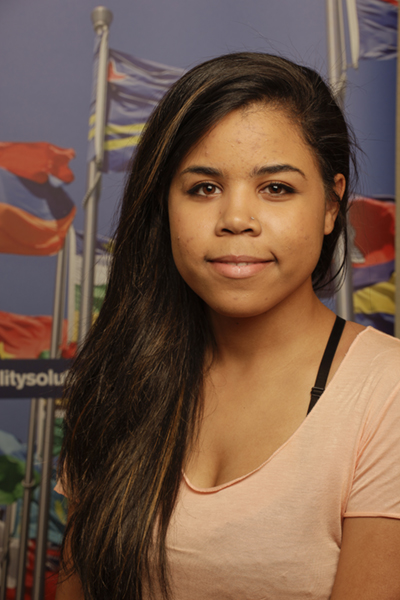
Toto, I have a feeling we’re not abroad anymore
My first morning (late afternoon) that I woke up in my own bed in Arizona was so strange. I didn’t hear horns blaring nonstop. People shouting to one another from across the way. I didn’t eat hardboiled eggs, bread, and black coffee for breakfast. I didn’t spend the whole day exploring places so unfamiliar to me. What I did do was lay on the couch all day, binge-watching Netflix in my pajamas.
Everyone always warns about culture shock when you travel abroad. How very different every cultural aspect will be from what you’re used to. But they never seem to mention how “shocking” it is to come home. Sure, I was exhausted from walking from sunrise to sunset for an entire month, and of course I missed my family (kind of), and I was dying to drink something with ice in it, but coming back home symbolized the end of the greatest experience of my life so far. However now that I have gotten back to the hustle and bustle of school/work/life, I am able to sit back and reflect on some of the great lessons I learned while in Morocco and Spain, and how those relate to my future and sustainability.
If the United States is day, then Morocco is most definitely night (Spain is almost noon, if you were wondering). Different sights, sounds, tastes, and very different smells (you’ll get used to it eventually). This trip really takes you out of your comfort zone and makes you look at things from a completely different perspective. I think one of the most profound things that this trip taught me was how ‘human’ sustainability really is. When looking at sustainability issues we only really address them from our social/cultural/educational scope. For me, sustainability issues were primarily environmental. The scope that I had been conditioned to approach sustainability was from an ecological level, which is completely different from what I saw abroad.
In Morocco, sustainability starts with the people; if the majority of the people in your country don’t have access to basic necessities such as clean water, shelter, health services, and education, there is no way that any environmental sustainability could succeed. You first have to make sure your people are resilient before anything else, which is something I had never really thought of. Visiting rural cities in Morocco where people don’t have access to electricity, but have transmission lines being built in their backyard to service people in major cities. This was one of the things that really made me step back and think about the value of implementing sustainable technologies if a majority of the population who are in need of those services don’t have and probably never will have access to them.
Spain was much more like the United States in terms of being a country where the development of solar and other ‘green’ technologies were on the forefront of development. Though Spain may be parallel to the US in terms of services available to citizens, it doesn’t mean there are not ethical and social issues that are being overlooked for the perceived ‘greater good’. I know a lot of times in a professional setting emotions get left at the door and its business as usual. But it’s important to approach sustainability issues with compassion and to see things through the eyes of those who are being impacted by different issues.
We need to work on looking at things through a different scope and that’s something that I try to do everyday. By thinking about issues from a different perspective, we are then presented with a plethora of different solutions that we would have never thought of. I am so appreciative that I was able to experience such amazing things this summer and will always work towards integrating the very human side of sustainability into wherever my future may lead me.

